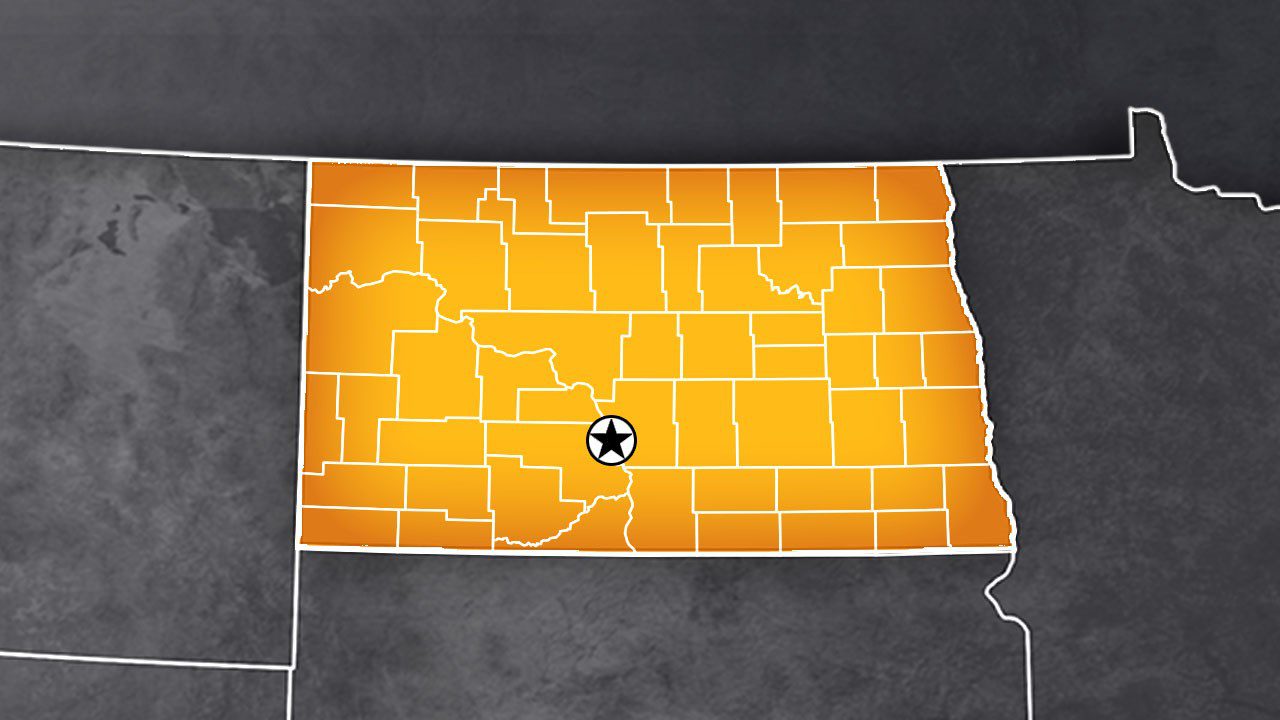North Dakota regulators deny siting permit for Summit carbon dioxide pipeline; company will reapply

Photo: MGN
BISMARCK, N.D. (AP) — North Dakota regulators denied a siting permit Friday for a proposed carbon dioxide pipeline that would cross five states.
The decision complicates an already complex process for Summit Carbon Solutions, which is seeking similar authorization in the other states and is facing opposition from landowners and environmental groups. It wasn’t immediately clear how the permit denial would affect Summit’s carbon dioxide storage plans in North Dakota.
The North Dakota Public Service Commission denied the permit for Summit’s Midwest Carbon Express pipeline, which planned a 320-mile (515-kilometer) route through North Dakota. Summit proposed the $5.5 billion, 2,000-mile (3,219 kilometer) pipeline network to capture carbon dioxide from more than 30 ethanol plants in Iowa, Minnesota, Nebraska, North Dakota and South Dakota, and to store it deep underground in North Dakota.
In a statement, Summit said it “respects the decision by the North Dakota Public Service Commission, and we will revisit our proposal and reapply for our permit. We’re committed to understanding and incorporating the considerations outlined in the decision. We are confident that our project supports state policies designed to boost key economic sectors: agriculture, ethanol, and energy.”
The project raised landowner concerns of eminent domain, or the taking of private land for the pipeline, and potential dangers of a pipeline break.
The company has “legal options” it can take, commission spokesperson Stacy Eberl said. The regulators do not have jurisdiction over injection sites, she said. Summit proposed an underground injection site for storage of the carbon dioxide in central North Dakota.
The Public Service Commission held public hearings throughout North Dakota earlier this year, during which landowners expressed many concerns, including about eminent domain, safety and requests for reroutes on their property.
“The Commission felt that Summit has not taken steps to address outstanding legitimate impacts and concerns expressed by landowners or demonstrated why a reroute is not feasible,” the regulators said in a statement. “The Commission also requested additional information on a number of issues that came up during the hearings. Summit either did not adequately address these requests or did not tender a witness to answer the questions.”
The commission’s statement also noted other information Summit hasn’t submitted, including how the company would address 14 areas of potential geological instability noted by the U.S. Geological Survey within the pipeline’s path. Summit also did not submit a revised report to the state’s historical preservation office regarding impacts to cultural resources. The office said Summit’s report didn’t meet its standards.
The regulators’ vote to deny the permit was unanimous.
Commission Chair Randy Christmann told The Associated Press that his vote wasn’t “necessarily emblematic of my opinions of carbon sequestration or even of the importation of CO2. This is about this project in this place under these circumstances.”
Among their findings filed Friday, the panel concluded that Summit “failed to meet its burden of proof to show the location, construction, operation, and maintenance of the Project will produce minimal adverse effects on the environment and upon the welfare of the citizens of North Dakota.”
The denial of the permit is “a win for private property rights in North Dakota, plain and simple,” said former Bismarck mayor Steve Bakken, who opposed the pipeline.
The proposed Bismarck-area route would have constrained future growth of the city, Bakken said. He also cited safety concerns for not knowing how the company would plan to respond to a pipeline break.
Republican state Sen. Jeff Magrum welcomed the news for his legislative district, which is in the proposed path, as “victory in round one,” but said he expects “some type of appeal” from Summit.
“We’ll stand guard for what’s coming,” he told the AP.
Magrum, who opposes the pipeline due to safety and private property concerns, introduced a raft of unsuccessful legislation earlier this year that sought to bolster private property rights and restrict aspects of eminent domain and carbon dioxide pipelines.
Republican Gov. Doug Burgum supports the pipeline. Spokesman Mike Nowatzki told the AP, “This is a matter between the PSC and the company, and we’ll continue to monitor it as the process plays out.”
The pipeline has generated similar landowner concerns about eminent domain in other states, including South Dakota, where a group of lawmakers last month began a petition drive for a special legislative session to protect private property rights against Summit.
The Iowa Farm Bureau Federation and the Iowa chapter of the Sierra Club are pushing Summit to release financial agreements with ethanol companies in the project, the Des Moines Register reported.
All contents © copyright 2023 Associated Press. All rights reserved